Unique Wildlife Viewing Experiences in America
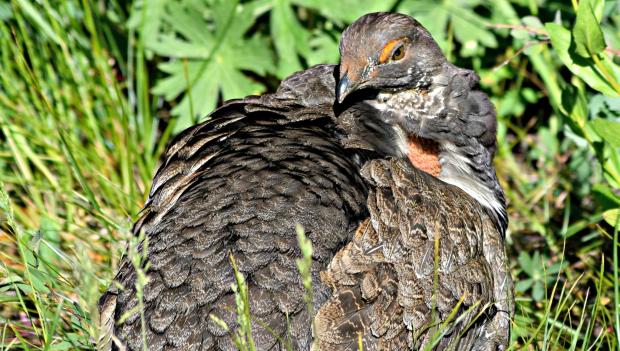
If you dream of taking a safari but can’t swing the time or money to fly to a different continent, why not seek out fascinating wildlife right here in the USA? While it’s true you won’t be traversing the Savannah searching for giraffes, lions or elephants, North America does have an incredibly diverse population of wildlife—over 450 mammals, 900 birds and 600 reptiles. One of the best places to see wildlife is in our state parks. Visitors can look for elk in Colorado, alligators in Florida, bobcats in Texas and more!
Add these wildlife viewing experiences to your bucket list.
1. Bobcats at Lake Whitney State Park, Texas
Shy and elusive, the bobcat is a medium-sized cat most identifiable by the tuft of hair that grows on the tip of each ear. While it can be hard to catch a glimpse of this animal in the wild, Lake Whitney State Park is a great place to try. The park is a part of the Washita Prairie, located at the eastern edge of the Grand Prairie, and bobcats are occasionally spotted here (along with other hard-to-see animals such as coyote and foxes). Even if you aren’t lucky enough to see a bobcat in the wild, you’ll probably have good luck spotting the park’s other creatures, such as white-tailed deer, wild turkey and bald eagles.
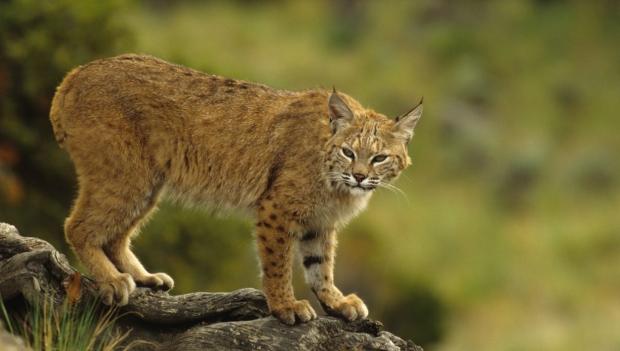
2. Elk at Elkhead Reservoir State Park, Colorado
It’s a stunning site to see a herd of elk. Herd sizes can reach a few hundred, and watching the herd move in unison can make you feel as though you are on the Serengeti yourself, catching a glimpse of the great migration. To see elk in the wild, head to Elkhead Reservoir State Park in the fall and winter, when elk move through the fields surrounding the reservoir. Though not actively aggressive, elk will defend themselves if provoked, so keep a safe distance. If you can’t make the trip in the cooler months, Elkhead Reservoir State Park is still a great place to spot other large ungulates like mule deer year-round. In the summer and fall, pronghorn antelope can be seen in the park’s agricultural fields.
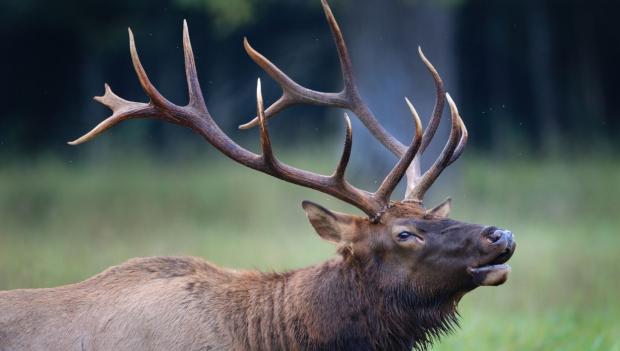
3. Kodiak Bears at Shuyak Island State Park, Alaska
The largest species of brown bear in the world, spotting a massive Kodiak bear in the wild will take your breath away (males can weigh up to 1,500 pounds and stand up to 4 feet at the shoulder). The Kodiak bear lives only on the Kodiak Islands in Alaska, and one of the best places to view them is at Shuyak Island State Park, located 54 air miles north of Kodiak, Alaska. The island itself is just 12 miles long and 11 miles wide, and in addition to the Kodiak bear, it's also home to many stunning marine animals such as otters, whales, harbor seals, sea lions and Dall’s porpoises.
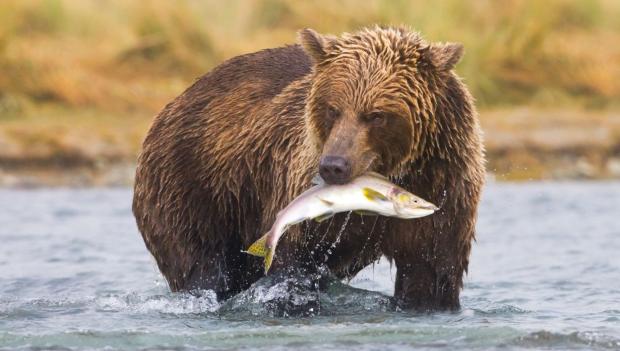
4. Alligators at Myakka State Forest, Florida
Flying A Campground in located along 2.5 miles of the Myakka River, the first state-designated wild and scenic river and Outstanding Florida Water. The landscape harkens back to the days when early Native Americans called this land home, and has one of the most diverse biodiverse ecosystems in North America. You may spot an alligator as they happily sun themselves on fallen logs and the riverbank. Hiking, horseback riding, and paddling options are also available and allow visitors the opportunity to spot alligators at a distance.
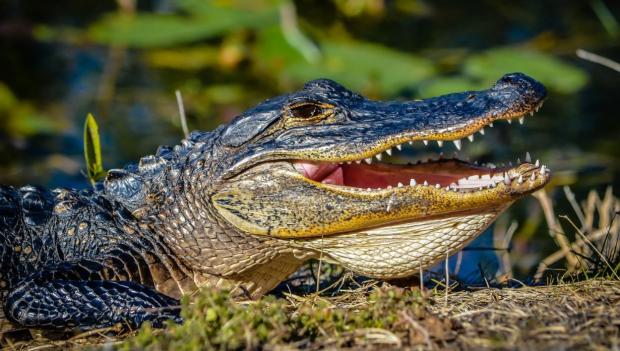
5. Trumpeter Swans at Harriman State Park, Idaho
As a 16,000-acre wildlife refuge, Harriman State Park is home to an exciting array of wildlife. While moose and elk can both be easily spotted at this park in the Greater Yellowstone Ecosystem, it’s perhaps most fun to snag a sighting of the impressive trumpeter swan, the world’s largest waterfowl species. Less than 100 years ago, this impressive bird was almost extinct, with less than 70 wild trumpeters known to exist in the wild. Luckily, a large flock was discovered in Alaska and the swans were carefully reintroduced throughout North America. Today, at least 46,000 of the birds exist in the wild, and one of the best places to see them in their element is at Harriman State Park.
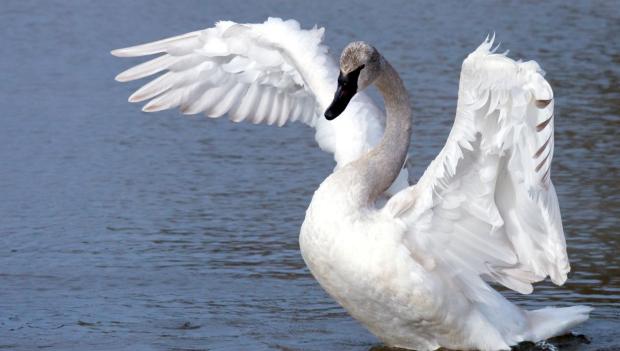
6. Bald Eagles at Platte River State Park, Nebraska
The symbol of American freedom and independence, catching sight of a bald eagle in the wild is a special treat. If you want to up your chances of seeing a bald eagle flying free, head to Caledon State Park in Virginia, where bald eagles can be observed in their natural habitat. The park is the summer home of one of the largest concentrations of bald eagles on the east coast, and its primary focus is preserving the habitat of these majestic creatures. Thanks to these conservation efforts, it’s possible for visitors to spot more than 60 eagles gathered together in the park at any given time.
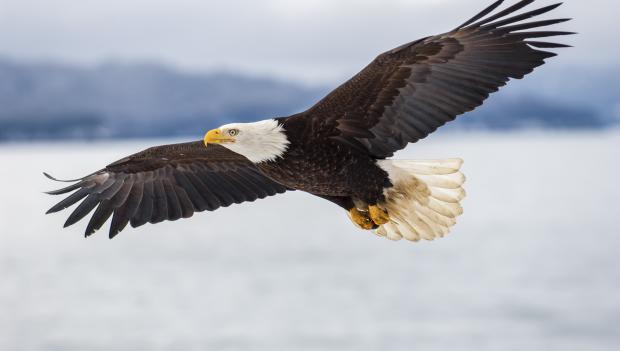
7. Bison at Antelope Island State Park, Utah
The largest island in the Great Salt Lake, visitors come to Antelope Island to hike, bike, and view the island’s abundant wildlife. The island’s most famous residents are a roaming herd of 500 to 700 free-range bison. Twelve bison were first introduced here in 1893, and those dozen animals were the foundation of today’s thriving herd. It’s not just bison that roam free on Antelope Island, however. As its name suggests, native pronghorn antelopes also live here, as do mule deer and bighorn sheep, as well as smaller animals such as coyotes, badgers, bobcats, and owls.
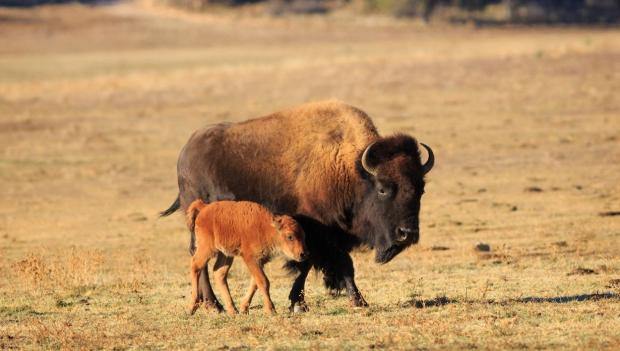
8. Birds at Edness K. Wilkins State Park, Wyoming
Located along the North Platte River near Casper, Wyoming, Edness K. Wilkins State Park is the place that avian enthusiasts flock to for a chance to spot some of the state’s finest birds. The park has 2.8 miles of accessible, hard-surfaced walking paths from which it is possible to see up to 40 species of bird. Yellow warblers, cedar waxwings, downy woodpeckers, mountain bluebirds, Western tanagers, house sparrows, and Bullock’s orioles are all commonly found drifting through the skies or perched in the cottonwoods shading the park. Don't forget to bring your binoculars.
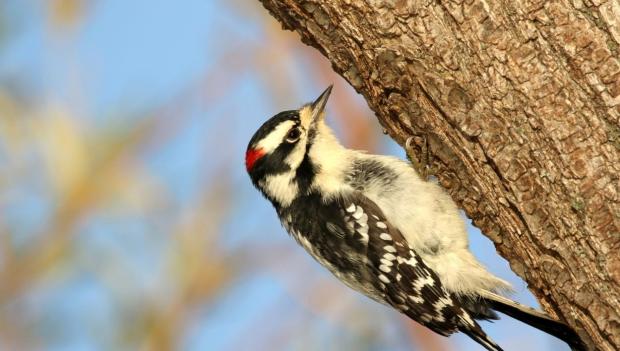
Are you ready for an outdoor adventure? Plan your camping trip!
Check with your Local Government Organization
Many policies have been established to counter and control the coronavirus outbreak. State and local officials have been taking decisive action to stop the spread. The policies vary by state, sometimes to a great degree. When you book a reservation, make sure to review the park and state's latest rules and regulations prior to your visit.
For COVID-19 updates, please visit our Impacted Park List and Reservation Guide for the latest information.